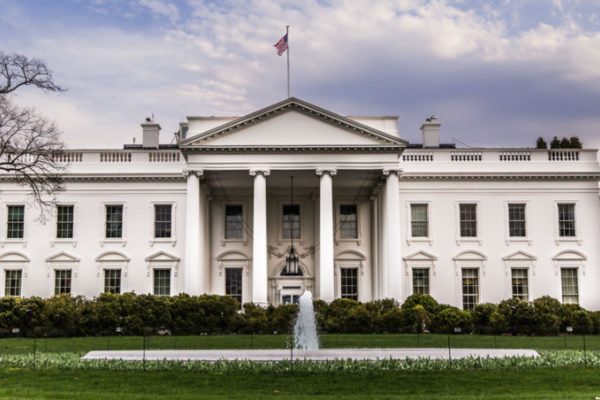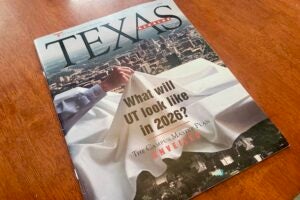The U.S. presidency is the most powerful office in the world, but it is set up to fail. And the power is the problem. Over two centuries, the presidency has grown into a towering central command for global decisions about war, economy and justice. The president can bomb more places, spend more money and influence more people than any other figure in history. His reach is almost boundless.
Reach does not promote desired results. Each major president has changed the world, but none has changed it as he liked. Often just the opposite. Rising power elicits demands on that power, at home and abroad, that exceed capabilities.
Rising power also inspires resistance, from jealous friends as much as determined adversaries. Dominance motivates mounting commitments, exaggerated promises and widening distractions — “mission creep,” in its many infectious forms.
Despite their dominance, modern presidents have rarely achieved what they wanted because they have consistently over-committed, over-promised, and over-reached. They have run in too many directions at once. They have tried to achieve success too fast. They have departed from their priorities. And they have become too preoccupied with managing crises rather than leading the country in desired directions.
Extraordinary power has pushed even the most ambitious presidents to become largely reactive — racing to put out the latest fire rather than focusing on the most important goals. The crises caused by distant countries or groups have frequently defined the presidents.
The time and resources spent on crises have diminished the attention to matters with much greater significance for the nation as a whole. Presidents frequently lose control of their agendas because they are too busy deploying their power flagrantly rather than targeting it selectively.
Unmatched capabilities and ambitions encourage undisciplined decision-making, followed by stubborn efforts to make good on poor choices. These are the “sunk costs” that hang over the heads of powerful leaders determined to make sure nothing sinks, except their own presidencies. As much as they try, presidents cannot redeem the past nor control the present.
Their most effective use of power is investing in future changes defined around a limited set of national economic, social and military priorities. Priorities matter most for successful leaders, but presidents forget them in the ever-denser fog of White House decision-making.
By the mid-20th century the rapid growth of American power made frequent misuse unavoidable, and effective leadership nearly unattainable. Fighting frequent wars, supporting foreign dictators and managing a gargantuan military-industrial complex, the United States strayed from its values more than any elected president could correct. Leaders pursued goals — for wealth, influence and security — that often undermined the democracy they aimed to preserve.
This widening gap between power and values produced President Donald Trump, elected to promote raw power above all. He is the final fall of the founders’ presidency — the absolute opposite of what they expected for the office. Trump was not inevitable, but the rise and fall of America’s highest office had a historical logic that explains the current moment and how we might move forward.
In his comments defending white supremacists, his pardon for a former Arizona sheriff convicted of contempt by a U.S. court and his executive orders seeking to deport hundreds of thousands of long-time residents, Trump has abandoned American values of tolerance and rule of law. He panders to those who believe that law, even democracy itself, no longer benefits them. He offers a presidency that is flagrantly unleashed from traditional limits and committed to using power for favored groups rather than the population as a whole.
This gap between presidential policy and inherited values threatens the democratic foundations for American power. It echoes the arguments of the Civil War era, when the leaders of the Confederacy justified their power by challenging the democratic values articulated so eloquently by President Abraham Lincoln.
Lincoln’s genius was his ability to connect his expanded use of power with a renewal of American values — “government of the people, by the people, for the people.” We are unlikely to find a Lincoln today, but what we do need is a new generation of leaders who will reconnect the presidency with the democratic aspirations that, ultimately, make America great.
Jeremi Suri holds the Mack Brown Distinguished Chair for Leadership in Global Affairs at The University of Texas at Austin. His newest book is “The Impossible Presidency: The Rise and Fall of America’s Highest Office.”
A version this op-ed appeared in the Dallas Morning News and Corpus Christi Caller Times.
To view more op-eds from Texas Perspectives, click here.
Like us on Facebook.




